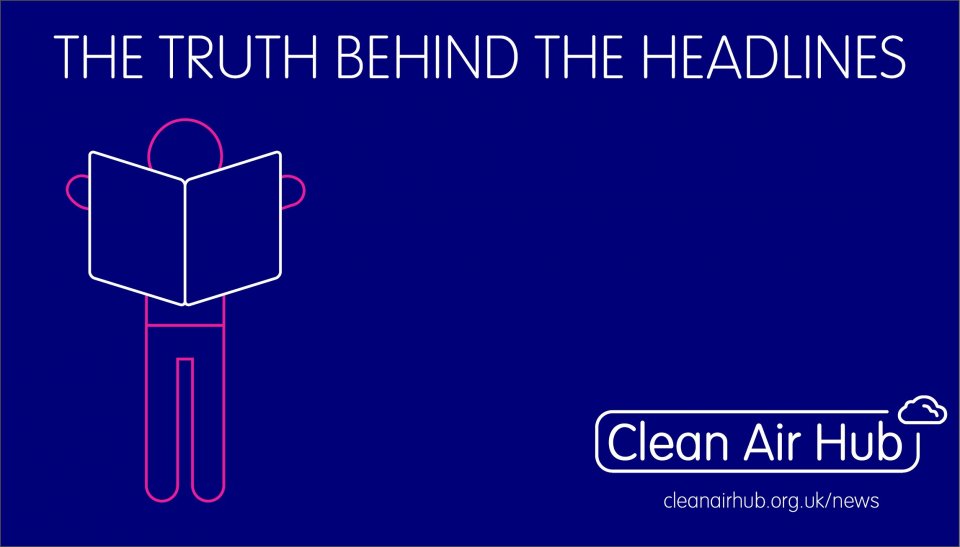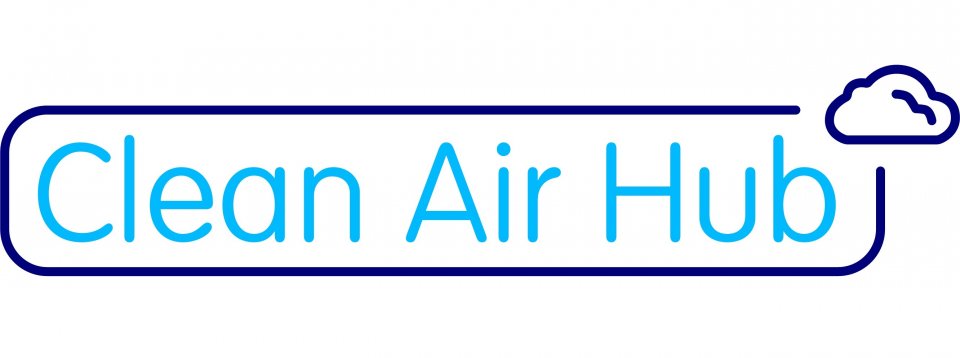News & Stories
The UK media covered a report conducted by the GLA (Greater London Authority) which evaluates the impact of the central London Ultra Low Emission Zone (ULEZ) in its first six months of operation.
The report contains evaluation of the impact on air pollution concentrations and emissions. Between February 2017 and September 2019, there was a reduction of 36% in roadside concentrations of nitrogen dioxide in the central zone.
Using our recommended five tips, Global Action Plan reviewed the study:
| Questions to ask to get to the truth | Our response |
| 1. Does the article refer to a report to back up its claims? | Yes, "Central London Ultra Low Emission Zone – six-month report", published October 2019. |
| 2. Who is behind the study it refers to? | GLA (Greater London Authority), also known as City Hall, is the devolved regional governance body of London, with jurisdiction over both the City of London and the ceremonial county of Greater London. The GLA used data from Kings College London, Defra and Ricardo AEA. |
| 3. How fantastical and radical is the claim that is being made? | It is plausible that reduced road traffic due to the introduction of the ULEZ will result in reduced air pollution. However, further analysis is ongoing in order to understand the impacts of ULEZ including trends in changes in compliance, traffic flows, and air quality. |
| 4. What geographical region does the claim refer to? | Central London, England |
| 5. What is the sample size of the study? |
The report uses data from a large number of sites (140) spread across London. This includes all monitoring sites in London categorised as “Roadside” or “Urban Background”.
“Industrial”, “Airport” and “Kerbside” sites were excluded as they are fewer in number and are not typically areas exposed to people. Sites with less than 75% data capture in a given month were excluded which is consistent with that used for EU reporting when calculating daily mean concentrations. |
Want to talk to us about any of our projects? Please get in touch with us here.






